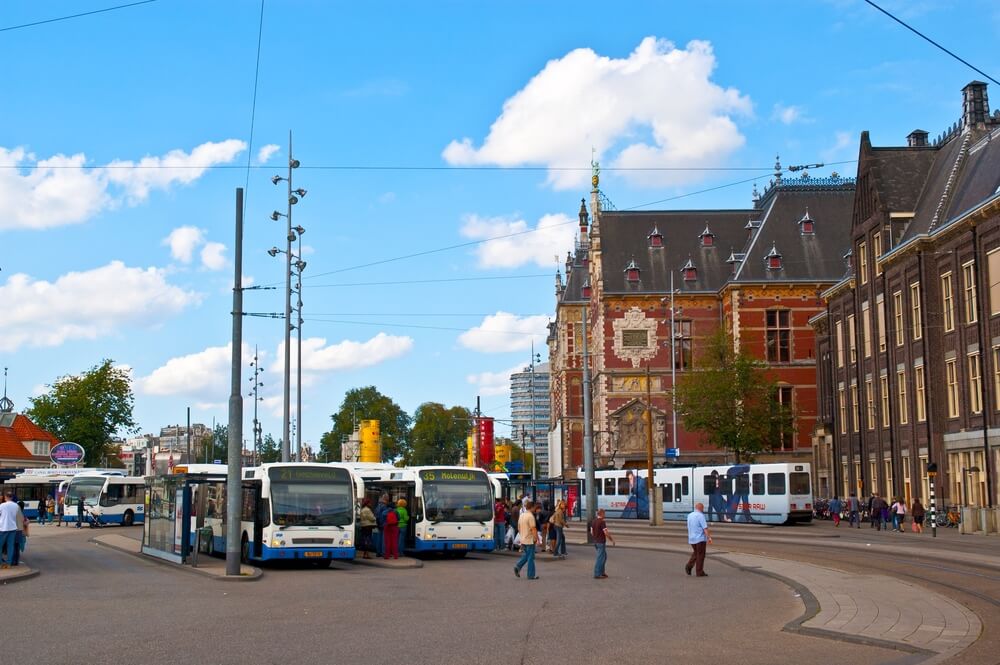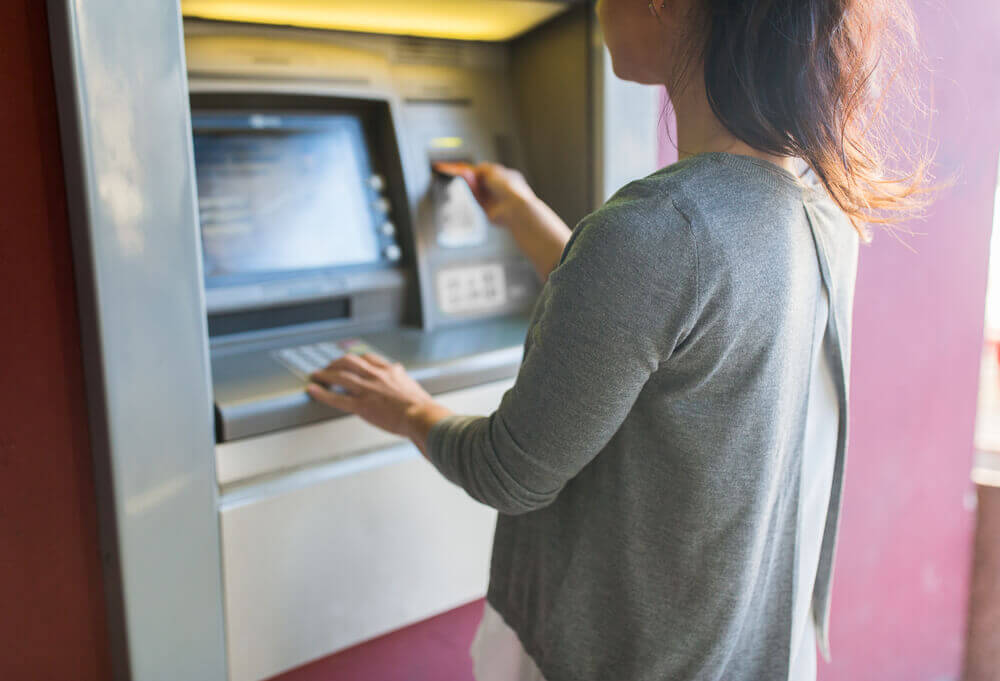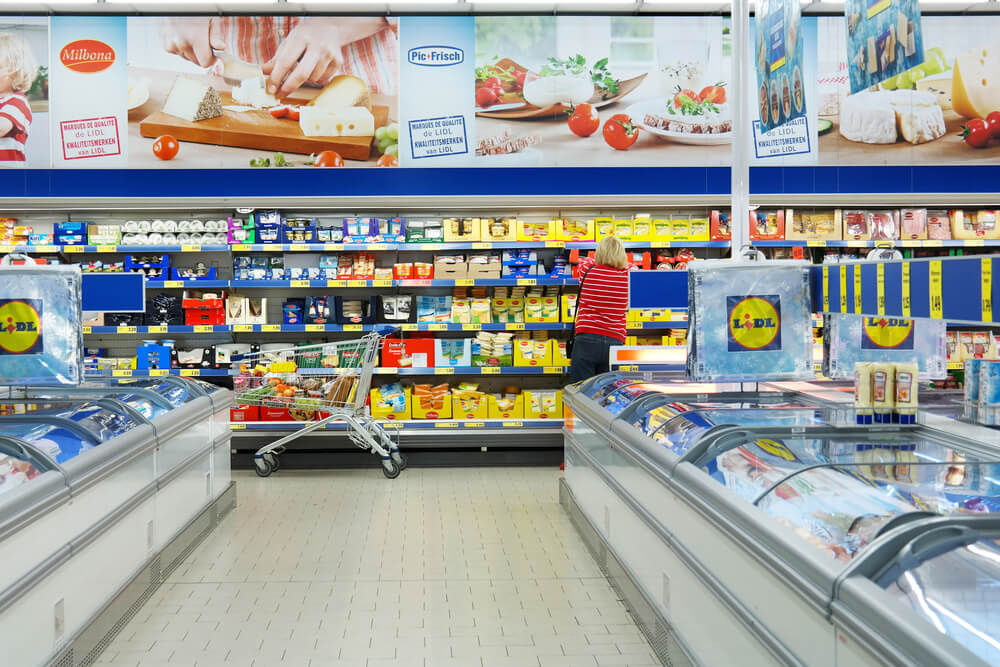How Turkish Airlines student discount works (2024)
Can you get a good deal on Turkish Airlines flights while you study? Learn about the Turkish Airlines student discount and how it works.

Louisa Wanderoth, a first year student at the University of Amsterdam
‘I am so broke’ – a phrase common in the standard student’s vocabulary.
Since moving to Amsterdam, regularly checking my bank account has become a tough reality. I have to admit though, I shouldn’t have been so worried.
I knew that choosing to study abroad would come with a cost, particularly in an expensive city like Amsterdam. In general, going to clubs, eating out or having drinks in a bar costs about 3-7 euros more than in my hometown in Germany. While I’ve adapted to these increases, there are some expenditures I wish I’d known before moving here.
Firstly, the University of Amsterdam offers no free public transport for international students. While we pay the same tuition fees as resident Dutch students, foreign students do not receive the free transport pass unfortunately. As a metro ticket costs 3 euros one way and a month pass around 90 euros, a big chunk of my monthly budget goes towards public transport. Coming from Germany, where every student receives free public transport - this took some getting used to.

If you can, get a bank card that has free withdrawal fees. I’m currently using a DKB (Deutsche Kredit Bank) card as they offer a student current account and a credit card that allows me to withdraw money in any country free of charge. Setting up this account was really easy as it was all done online and took me no longer than 20 minutes. It’s really important that you research the best banking option for you as there’s so many options that can help you avoid paying large international bank charges.

A meal in the student canteen is 7,50 euros. I was shocked by the cost of lunch on campus. When I first entered the canteen after the Christmas break, I was seriously asked to pay nearly eight euros for a meal. I found out this was due to a change in caterer, but again this seemed to me ridiculously high and completely unjustified. As a result, I’ve been bringing my own food to the canteen. My recommendations would be couscous, pasta or potato salad.
Where I do my food shop is important. Instead of going to an expensive supermarket, I choose Lidl or Aldi and bulk buy all I need for the week. Here my spend is around 50 euros for the weekly shop, compared to expensive supermarkets like Albert Heijn where you find yourself spending around 80 -90. I’m lucky to know someone with a car, so have even brought stuff back from Germany with me on occasions as food and toiletries are much cheaper. Another huge money saver is pre-drinking at home. While avoiding the expensive bar tab, it also often ends up being loads more fun.

Louisa Wanderoth is a first year student at the University of Amsterdam
*Please see terms of use and product availability for your region or visit Wise fees and pricing for the most up to date pricing and fee information.
This publication is provided for general information purposes and does not constitute legal, tax or other professional advice from Wise Payments Limited or its subsidiaries and its affiliates, and it is not intended as a substitute for obtaining advice from a financial advisor or any other professional.
We make no representations, warranties or guarantees, whether expressed or implied, that the content in the publication is accurate, complete or up to date.

Can you get a good deal on Turkish Airlines flights while you study? Learn about the Turkish Airlines student discount and how it works.

Looking for a good deal on British Airways flights while you study? We'll explore if British Airways offers student discount and share our budget-friendly tips.

Planning to move your family to Ireland and looking for a private school? Check out our complete list of the best private schools in Ireland and their cost.

Planning to move to South Africa and looking for a private school? Check out our complete list of the best private schools in South Africa and their cost.

Planning to move your family to France and looking for a private school? Check out our complete list of the best private schools in France and their cost.

Considering teaching English in Germany? Explore our insightful guide on requirements, teaching programs, job prospects, salary expectations, and more.